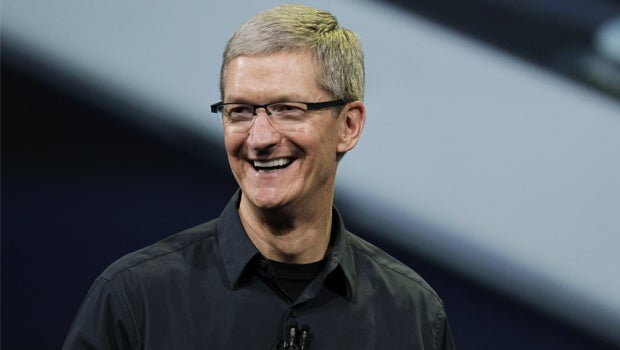Apple chief slams government, warns Google and Facebook to watch their backs

Apple CEO Tim Cook has lambasted rival tech firms and the US government for their collection and use of people’s data.
Speaking this week at the Electronic Privacy Information Center (EPIC), he aimed heavy blows at companies believed to be Google and Facebook, though he stopped short of naming them.
“I’m speaking to you from Silicon Valley where some of the most prominent and successful companies have built their businesses by lulling their customers into complacency about their personal information,” Cook said.
“They’re gobbling up everything they can learn about you and trying to monetise it. We think that’s wrong. And it’s not the kind of company that Apple wants to be. So we don’t want your data.”
His speech appears to confirm that Apple has no plans to monetise the data collected from its consumers through the HomeKit and HealthKit APIs.
Cook went on to criticise Google’s new Photos service, revealed last week at the I/O 2015 developer conference, and warned Apple’s competitors that it won’t be long before consumers call them out on their advertising practices.
“You might like these so-called free services, but we don’t think they’re worth having your email, your search history and now even your family photos data mined and sold off for God-knows-what advertising purpose,” he said. “We think someday, customers will see this for what it is.”
However, he wasn’t done there.
Cook also went in hard on the US government, which wants to stop companies from encrypting private data.
“We at Apple reject the idea that our customers should have to make tradeoffs between privacy and security,” said Cook. “We can, and we must provide both in equal measure. We believe that people have a fundamental right to privacy. The American people demand it, the constitution demands it, morality demands it.
SEE ALSO: What is HealthKit?
“Removing encryption tools from our products altogether, as some in Washington would like us to do, would only hurt law-abiding citizens who rely on us to protect their data,” he added. “The bad guys will still encrypt; it’s easy to do and readily available.”


